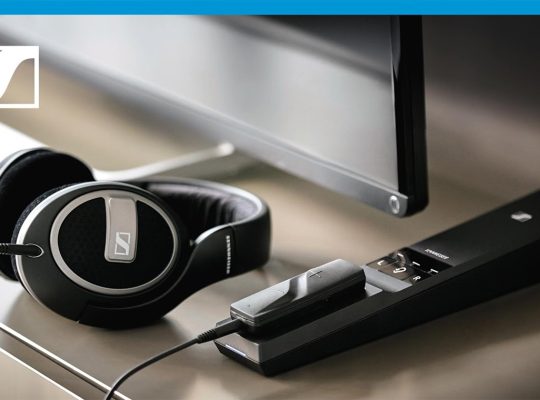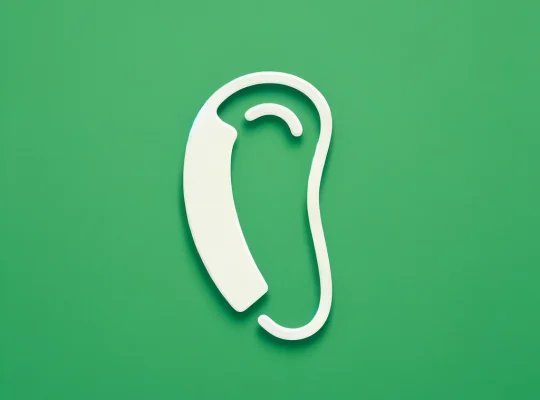Sound is everywhere. Whether you work in noisy environments, attend concerts or want to sleep peacefully, hearing protection is essential to protect your ears from hearing damage. Two common options are ear muffs and earplugs. But when do you choose which protection? In this blog, we dive into the differences between earmuffs and earplugs and help you make the right choice for your situation.
What are earplugs?
Earplugs are small hearing protectors that you insert directly into your ear canal. They come in different materials, such as foam, silicone and custom-made varieties. Earplugs are popular because of their compact size and versatility.
Benefits of earplugs
- Discreet and comfortable: They are barely noticeable and are ideal if you are looking for subtle protection.
- High attenuation: Depending on the type, they can attenuate sounds up to 30 dB.
- Suitable for various situations: Earplugs are ideal for sleeping, music, traveling and working in noisy environments.
Disadvantages of earplugs
- Can be uncomfortable with prolonged use: Universal earplugs in particular can become irritating after a while.
- Hygiene requires attention: earplugs should be cleaned or replaced regularly to prevent ear infections.
- Less effective protection in extreme noise environments: For heavy industrial applications, they sometimes provide insufficient protection.
What are ear muffs?
Earmuffs are hearing protectors that go over your ears and provide a physical barrier against noise. They consist of a sturdy headband with large ear cups filled with sound-absorbing material.
Benefits of ear muffs
- Easy to put on and take off: No hassle of inserting caps in your ear.
- Comfortable for extended use: Ideal for workplaces where you need to wear hearing protection for long periods of time.
- More durable than earplugs: Earmuffs generally last longer than disposable earplugs.
- Good attenuation in extreme noise: Often provides a higher level of attenuation than earplugs, especially in industrial environments.
Disadvantages of ear muffs
- Less portable: They take up more space and are less discreet than earplugs.
- Can feel hot and sweaty: Especially in hot working environments, ear muffs can become uncomfortable.
- Not ideal for sleeping or traveling: Their size makes them less suitable for use in bed or during long air travel.
When do you choose earplugs?
Sleep
For a good night’s sleep, earplugs are the best choice. They are small, comfortable and reduce ambient noise without bothering you with a large device on your head.
Music and concerts
If you enjoy live music but want to protect your hearing, special music earplugs are ideal. These muffle the sound without losing the quality of the music.
Travel
While traveling, especially on an airplane, earplugs can help against pressure differences and distracting noises such as crying babies or engine noise.
Working environments with moderate noise
For offices or workplaces with moderate noise, such as call centers, earplugs are often sufficient to reduce harmful noise levels.
When do you choose ear muffs?
Industrial and construction environments
Do you work in construction or industry, where you are exposed to heavy machinery and tools? Earmuffs offer better protection from prolonged and extreme noise.
Shooting
When shooting or hunting, ear muffs are the best choice because they can effectively muffle sudden and very loud noises.
Noisy events
If you go to motorsports events, festivals or fireworks shows, ear muffs can be more comfortable than earplugs, especially if you have to wear them for long periods of time.
Workshops with varying noise levels
In environments where you occasionally need to take off your hearing protection (for example, to confer with colleagues), earmuffs are more convenient than earplugs.
Combine for maximum protection
In some situations, it may even be useful to combine earplugs and ear muffs. This is often recommended in extremely noisy environments, such as aircraft engines or heavy industry. By wearing both, the noise level is further reduced and you run less risk of hearing damage.
Which hearing protection suits you?
Whether you choose ear muffs or earplugs depends on the situation and personal preference. Earplugs are ideal for everyday situations such as sleeping, music and travel, while earmuffs are better suited for heavy industry, shooting sports and prolonged noise exposure. Think carefully about your needs and choose the hearing protection that suits you best to best protect your hearing.








